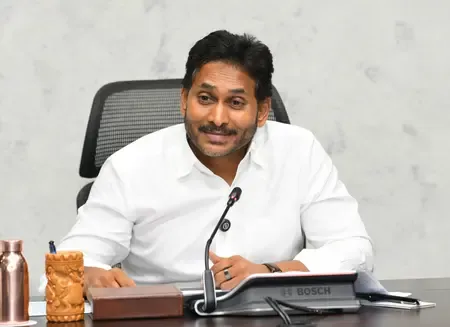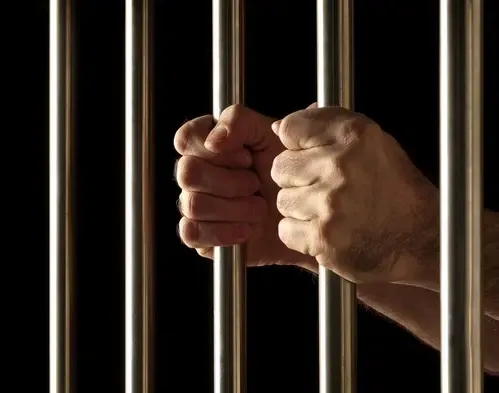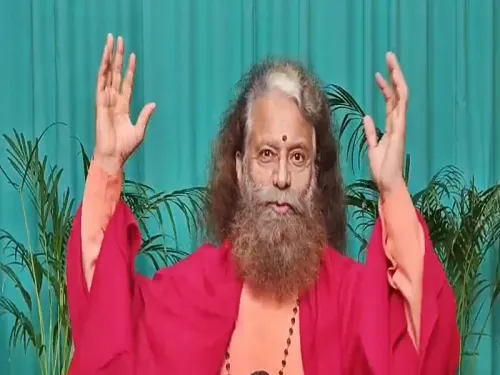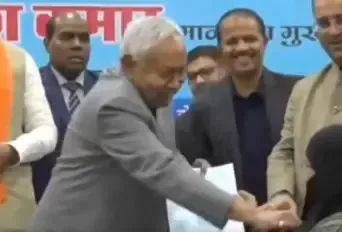Why Did Maha Cong Leader Criticize Senior Govt Officers for Skipping CJI’s Function?
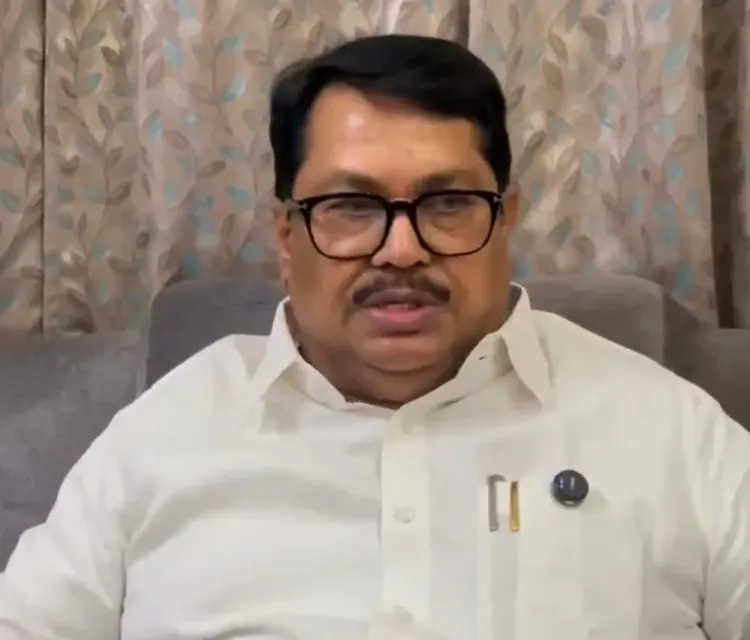
Synopsis
Key Takeaways
- Respect for the judiciary is crucial in maintaining democratic integrity.
- Protocol adherence reflects the relationship between branches of government.
- Chief Justice Gavai's visit highlighted the importance of ceremonial respect.
- Article 142 empowers the Supreme Court to ensure justice.
- Government accountability is necessary for protocol breaches.
Mumbai, May 19 (NationPress) Maharashtra Congress Legislature Party leader Vijay Wadettiwar has condemned the violation of protocol by high-ranking administrative and police officials during Chief Justice Bhushan Gavai's recent visit to Maharashtra.
Several top officials from the Maharashtra government chose to miss an event held in Mumbai on Sunday, marking Chief Justice Gavai's inaugural visit to the state.
In a post shared on X, Wadettiwar remarked, "This is a deeply regrettable incident. A son of Maharashtra, who has risen through determination and resilience to become the Chief Justice of the Supreme Court, should not face such disrespect from his own government. Are the ruling class and senior officials in Maharashtra at odds with the judiciary? Is it so difficult to adhere to basic protocol? Will the government and relevant administrative personnel take accountability for this? They should at least clarify whose error it was?"
Wadettiwar's remarks followed Chief Justice Gavai's expression of disappointment during his speech on Sunday regarding the absence of senior Maharashtra governmental figures, including the Chief Secretary, at his first public function in the state after being sworn in as the head of the Judiciary.
This raises important questions about the respect extended by various branches of government towards the judiciary. If the Chief Justice of India is making his first visit to Maharashtra, and key figures such as the Chief Secretary, the Director General of Police, and the Mumbai Police Commissioner deem it unnecessary to attend, it's time for them to reconsider their actions. This is not a new protocol; it is fundamentally about respect among constitutional institutions," he stated.
CJI Gavai remarked, "When the leader of a constitutional body visits the state for the first time, careful consideration must be given to the reception that is offered… While these may seem trivial, their importance must not be overlooked." He emphasized that the three pillars of democracy—the judiciary, legislature, and executive—are equal, and each must reciprocate respect towards the others.
"If any of us were in such a position, discussions about Article 142 would likely arise," he added, prompting light-hearted applause from those present. Article 142 of the Constitution empowers the Supreme Court to issue any order necessary for achieving complete justice in any ongoing case or matter.
Interestingly, following the CJI's remarks, the Chief Secretary, the Director General of Police, and the Mumbai Police Commissioner did meet with him during his visit to Chaityabhoomi in Dadar.


